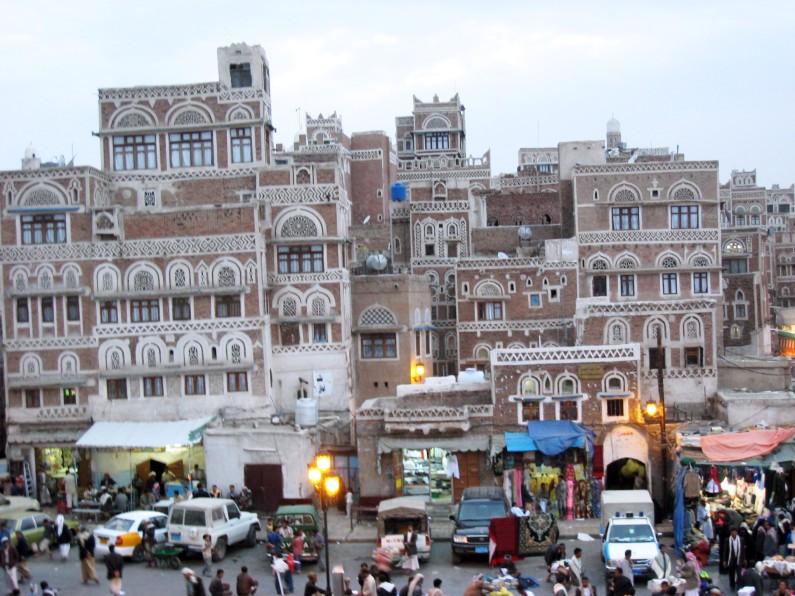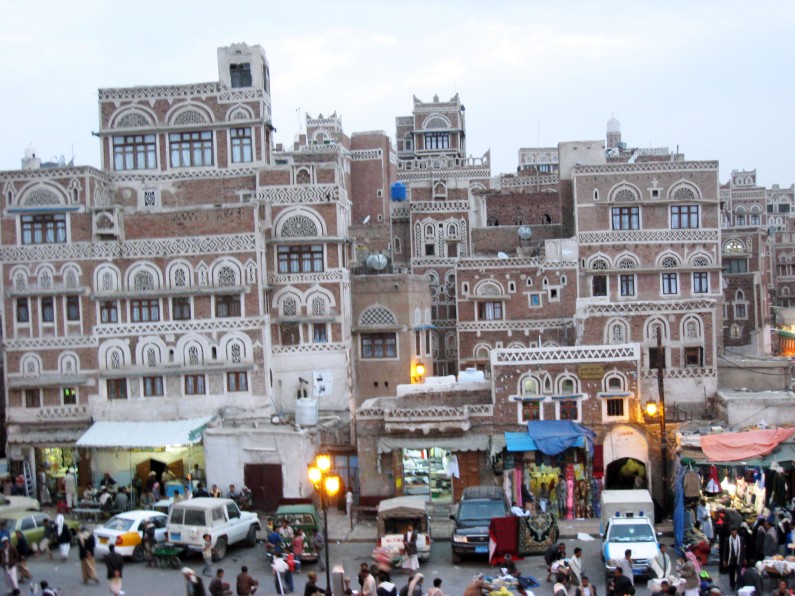

As street fighting in Yemen intensifies, Russia has demanded an early emergency session of the U.N. Security Council to halt airstrikes by Saudi-led forces that are badly hurting the civilian population of the impoverished nation. Why are Saudi aircrafts bombing Yemen? Why has an internal civil war in Yemen turned into a proxy war between foreign powers? A recent Arab League summit concluded that the crisis in Palestine was the genesis of the region’s raging war. Moreover, what has Palestine got to do with Riyadh’s bombing against Yemen?
Arab leaders invoke the Palestine cause every time there is a need to unify Arab opinion on any geo-political issue of that time. In other words, Palestine, for all practical purposes, is largely irrelevant in any Middle East scenario except as a binding force.
Current conflagration in Yemen has little to do with Israel either, which remained staunchly opposed to any agreement on the nuclear talks between Iran and P5+1 power. Despite this, the recently signed nuclear agreement allows Iran to operate a certain number of centrifugal plants that can enrich uranium. Israeli Prime Minister Netanyahu said this may lead to nuclear race in the already burning Mideast.
Latest reports say that following heavy clashes all these days Houthi rebels in Yemen have occupied the presidential palace in Aden. As the Shia rebels continued advancing towards the city, President Hadi fled to Riyadh. The Saudi government claims its aim is to protect President Hadi’s legitimate government in Yemen and at the same time prevent Iran’s nominee from returning back to head the government. Apart from traditional Shia-Sunni rivalry, Riyadh has always been suspicious of Teheran’s political aspirations following Iran’s spiritual leader Ruhollah Khomeini’s call on all Muslims to revolt against feudal rulers that primarily meant Saudi Arabian leadership.
Today, it is a battle for supremacy and influence between Sunni-majority Saudi Arabia and Shia-majority Iran. These two countries are opposing the other in Iraq, Yemen, Lebanon, and Bahrain. To strengthen regional influence, Iran is helping military forces in Shia-majority Iraq. In Yemen, Iran is supporting Houthi rebels, who are Shia Muslims. Iran sees a chance in former President Ali Abdullah Saleh to advance its regional influence. Saleh had ruled Yemen single-handedly for 33 years but was dislodged unceremoniously to make way for Hadi in 2011. Despite denials, the Saudis don’t appear to have any intention of calling off bombing as long as the Houthis are on the rampage and Saleh remains their trusted ally.
Revolutions, dictatorship, violence and wars, Yemen has witnessed all but it has failed to own a cohesive identity though it came into being in May 1990, through the merger of two warring entities in the Southwest Asia. The proud Yemenis had earlier rebuffed attempts by foreign powers, notably Saudi Arabia and Egypt, to take control of their nation. In recent times, Islamic State, al-Qaeda and other hard-line groups who sought a toehold had their fingers burned.
The Saudi intervention has turned what was essentially an internal civil war in Yemen into a foreign war between proxy powers. Helped by Iran, the Houthis have captured most of the military equipment worth about $500 million that the U.S. gave Yemen. The bitter aggressive strikes by rival parties seriously threaten West Asia’s political economy. The most important port city of Aden, which is plundered by loot, is in complete disarray and the ships and fuel that it used to serve is now being led through the Strait of Bab el-Marsdeb.
The Arab League has amassed forces from Saudi Arabia, UAE, Kuwait, Bahrain, and Qatar to capture vital areas on the ground in Yemen. This offensive may lead to Saudi annexation of Yemen while little can be safely told about the ambitions of Iran, which is trying to install its own puppet regime. Is Yemen heading for split along foreign powers, especially Saudi Arabia and Iran? The future of Yemen as a geographic entity remains under wraps.
Opinion and Blog By Binay Srivastava
Image Courtesy of WikiMedia Commons – Creative Commons License


